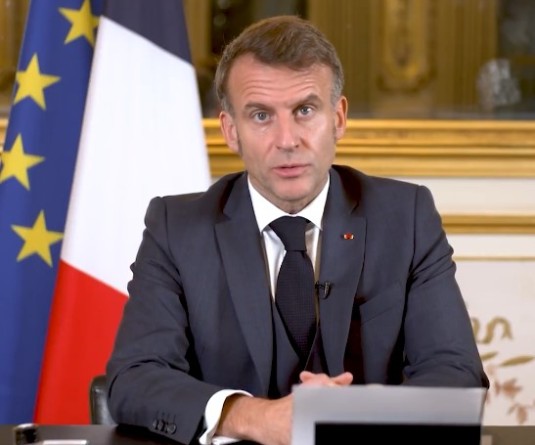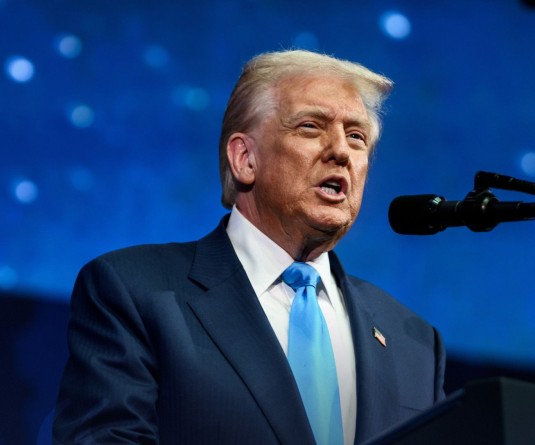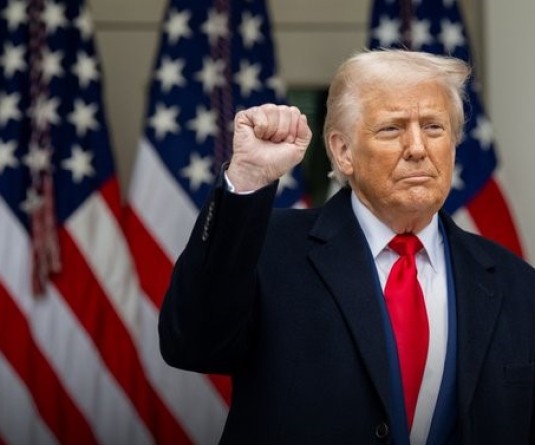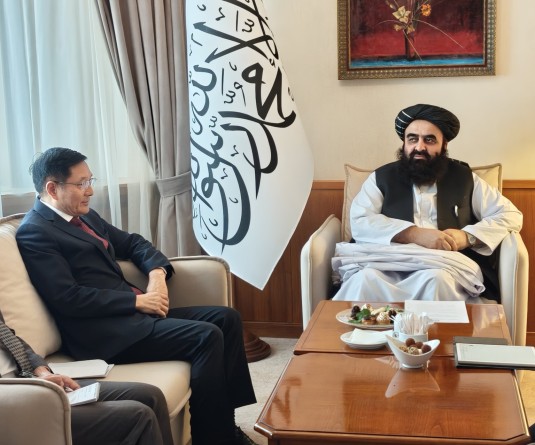IANS Photo
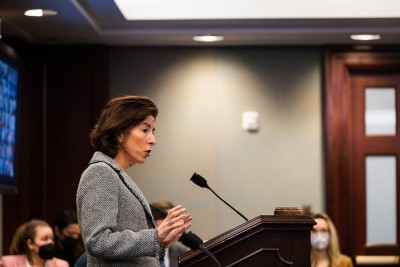
Washington, September 3 (IANS) US Commerce Secretary Gina Raimondo left China for home earlier this week with not much to show immediately for her four days of talks with a wide range of officials. But she was hopeful of “some results” in the next few months.
Raimondo did leave a very strong message for the Chinese: US businesses find China increasingly “uninvestable”.
With the economy in a downturn and foreign direct investment at an all-time low, China would be remiss to not heed the implications of that warning. She had raised a litany of trade issues that ranged from the long-running theft of intellectual property to newer raids and slow regulatory approvals.
“Increasingly, I hear from businesses that China is uninvestable because it has become too risky,” she said.
The US official was clear she did not expect to have all issues resolved during her visit. But she did expect to raise them.
“I was very firm in our expectations. I think I was heard,” she said, "We’ll have to see if they take any action.”
The Commerce Secretary was the fourth senior US official to visit China in recent months, following Secretary of State Antony Blinken, Special Climate Envoy John Kerry and Treasury Secretary Janet Yellen.
Although President Joe Biden and Xi Jinping met virtually several times -- once going way back to 2011 when they were both Vice President -- they held their first face-to-face meeting in Bali last November, on the sidelines of the G-20 summit.
They are likely to meet later in the year at a meeting of Asia-Pacific leaders in San Francisco.
The Biden administration has branded China a top competitor and its first effort to engage with the Asian giant ended in an acrimonious meeting of the top diplomats of the two countries. And on the eve of a scheduled visit of Antony in January a Chinese spy balloon entered American airspace plunging ties into a new crisis as the secretary of state called off his visit.
While the two sides have shown a keenness to engage each other and not let their tensions spiral out of control, the Biden administration has not only kept most of Trump-era tariff hikes in imports from China, but also initiated a series of bans and restrictions on US investments in Chinese firms involved in in the development of advanced semiconductors, quantum information technologies, or AI systems, as part of a larger strategy of de-risking.
Biden declared a national emergency in an executive order earlier this month and prohibited US investment in sensitive technologies and products critical for the military, intelligence, surveillance, or cyber-enabled capabilities in China.
Raimondo’s Department of Commerce is part enforcer of this order.


